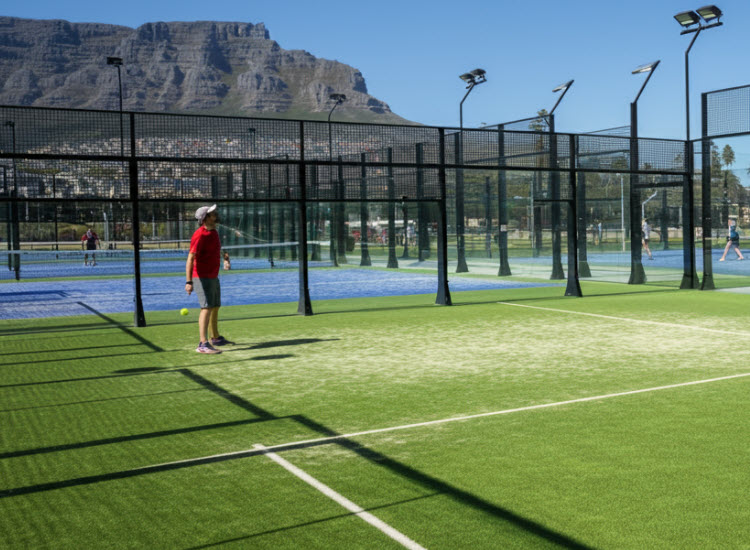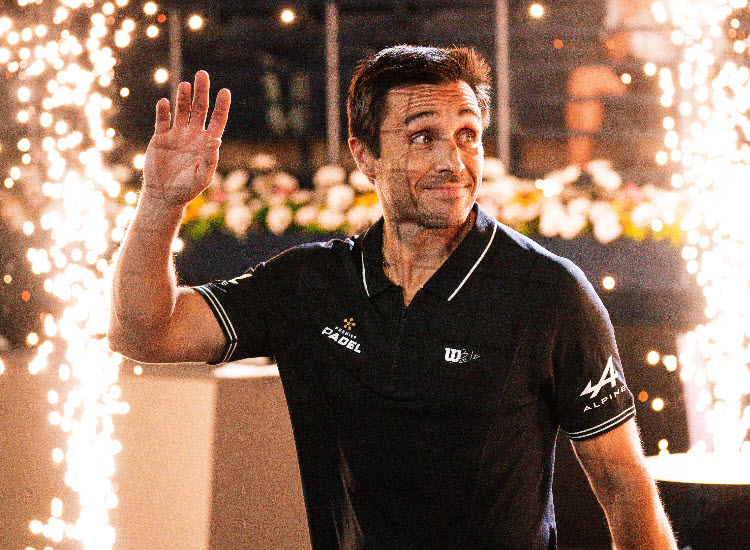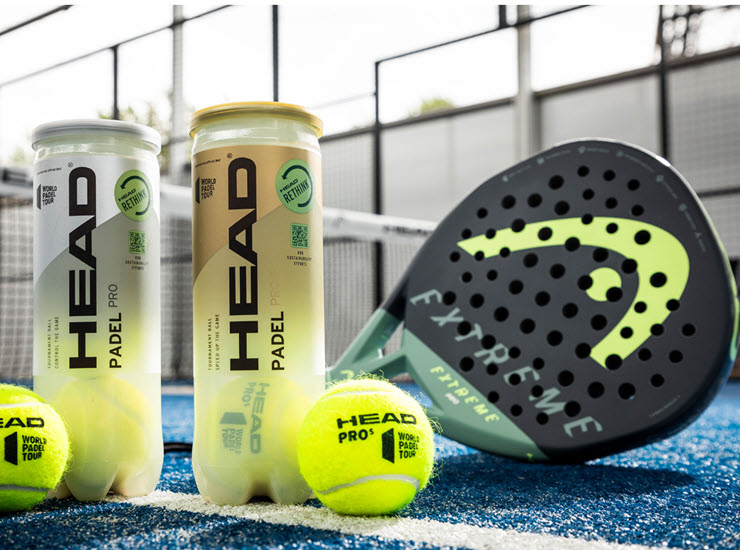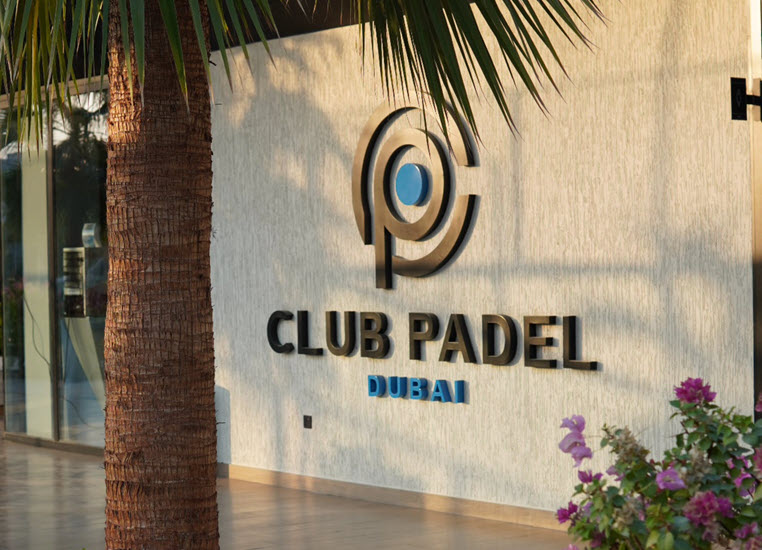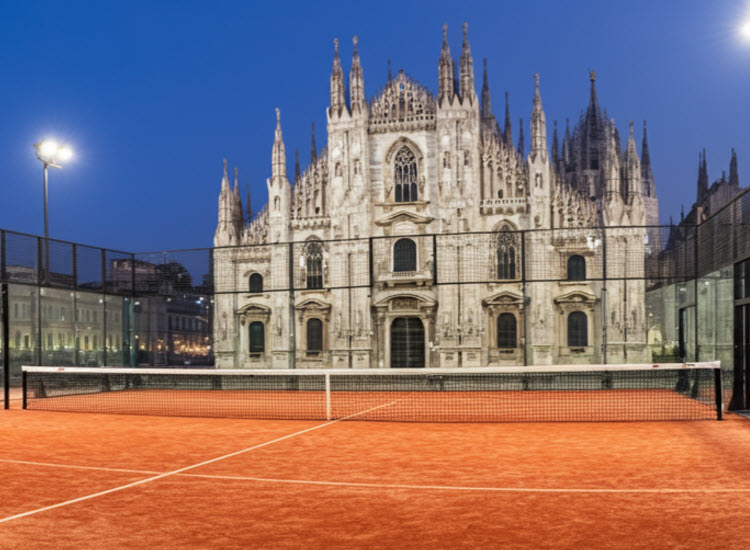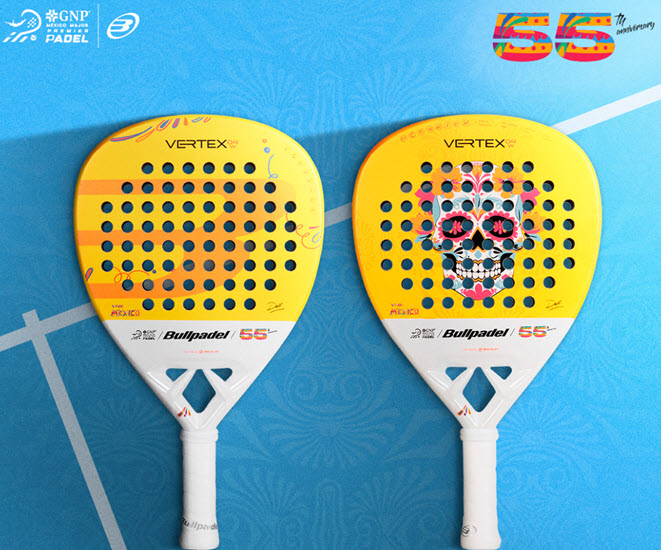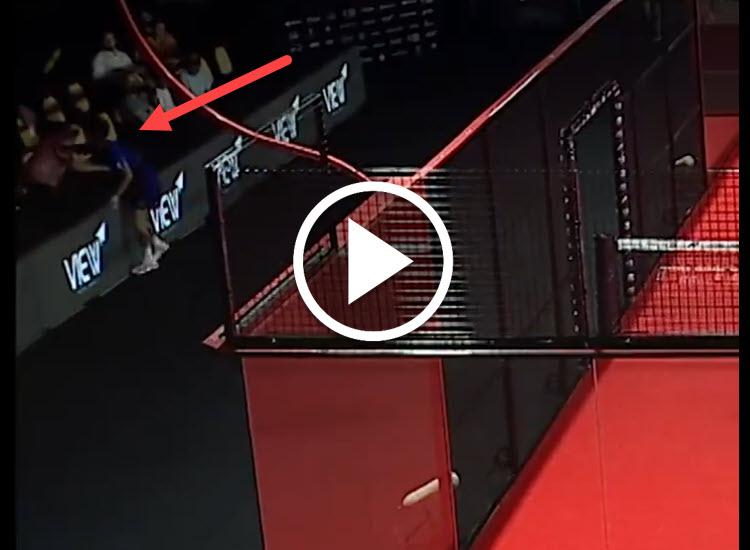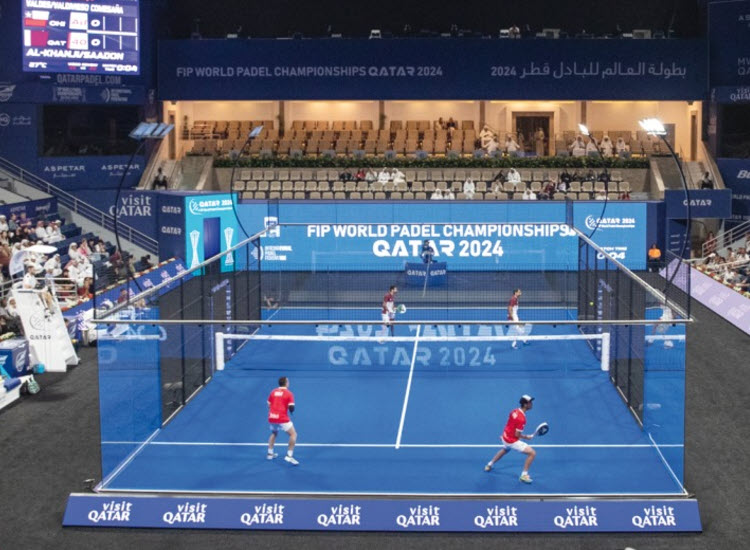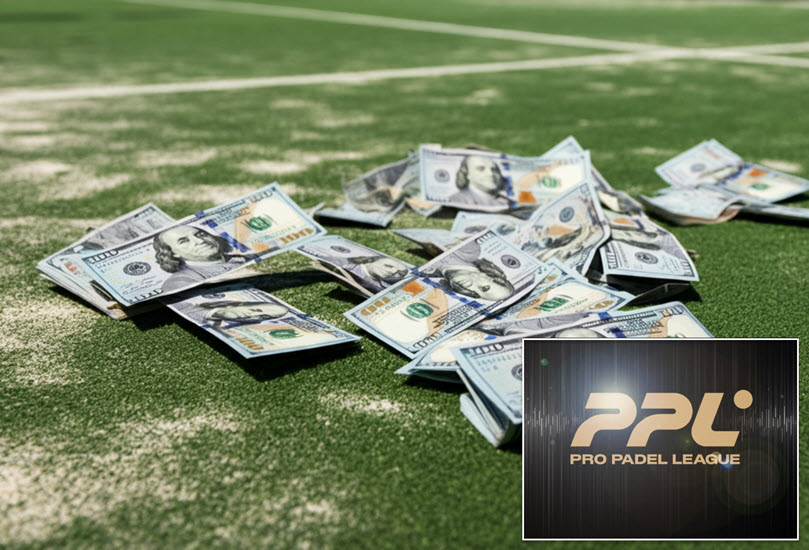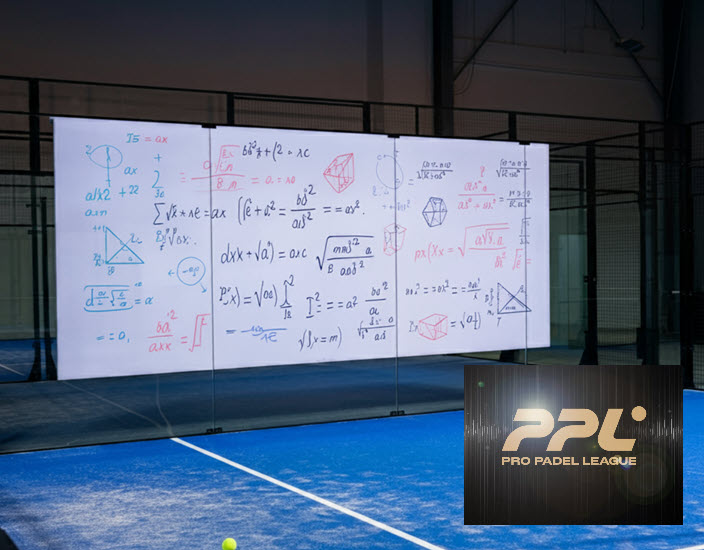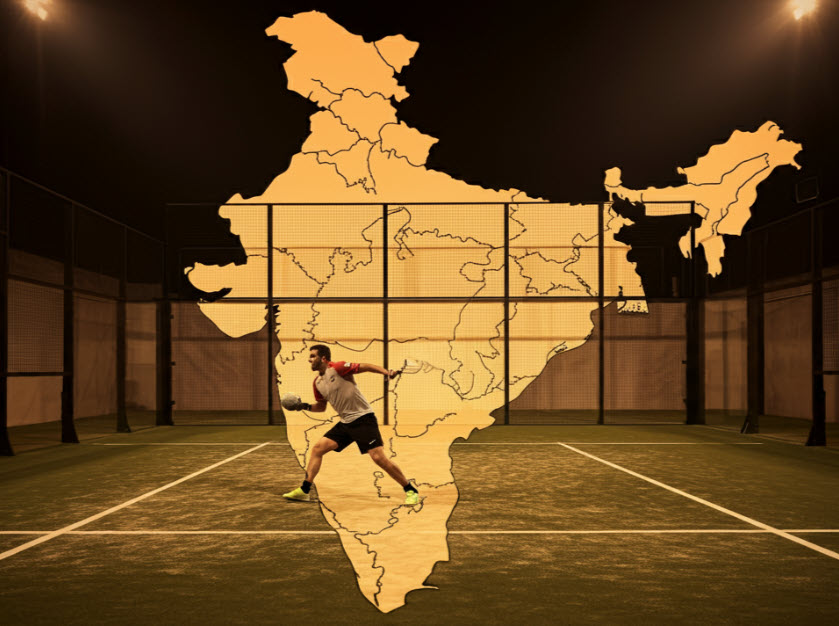
Golf is being replaced by a new sport that is sweeping the Indian business community. Padel is a fast-paced, socially conscious racquet sport that appeals to both entrepreneurs and executives. The energy is evident everywhere, from padel courts to boardrooms. However, what is this fascinating game precisely, and why is it becoming so popular so quickly?
Played on a smaller court surrounded by wire mesh or glass walls, padel is a cross between squash and tennis. Busy professionals looking for a constructive diversion from their hectic schedules have responded favorably to this special blend of accessibility, social connection, and stimulating games. Just 55 years after its inception in Mexico, the sport is currently gaining popularity all over the world.
Padel’s simplicity contributes significantly to its allure. It requires less strength and technical skill than tennis because of its smaller court, underhand serve, and forgiving walls. This enables coworkers to interact on an even playing field by making padel accessible to individuals of all ages and physical levels. Players are kept on their toes by the quick rallies and clever wall placement, which is thrilling and relieving.
Padel encourages teamwork and friendship, in contrast to golf’s frequently lonely nature. Usually played in doubles, it promotes cooperation and communication, fortifying relationships between coworkers on and off the court. Professionals can connect in a laid-back setting away from the office at padel clubs and facilities, which are increasingly popular gathering places for networking and socializing.
Prominent individuals such as Shreevar Kheruka (Borosil), Ankit Agarwal (Sterlite Technologies), and Parth Jindal (JSW Sports) have all embraced padel and praised its capacity to promote teamwork, reduce stress, and offer an enjoyable, competitive outlet. The sport’s quick ascent is demonstrated by the expanding number of padel courts that are opening up in major Indian cities to meet the rising demand.
More than just a sport, padel is a way of life that represents the changing tastes of India’s business elite. Padel is a dynamic sport that is obviously here to stay as it continues to rise in popularity.
Is padel going to be the corporate golf of India? It’s making a compelling argument for itself right now, but only time will tell.




